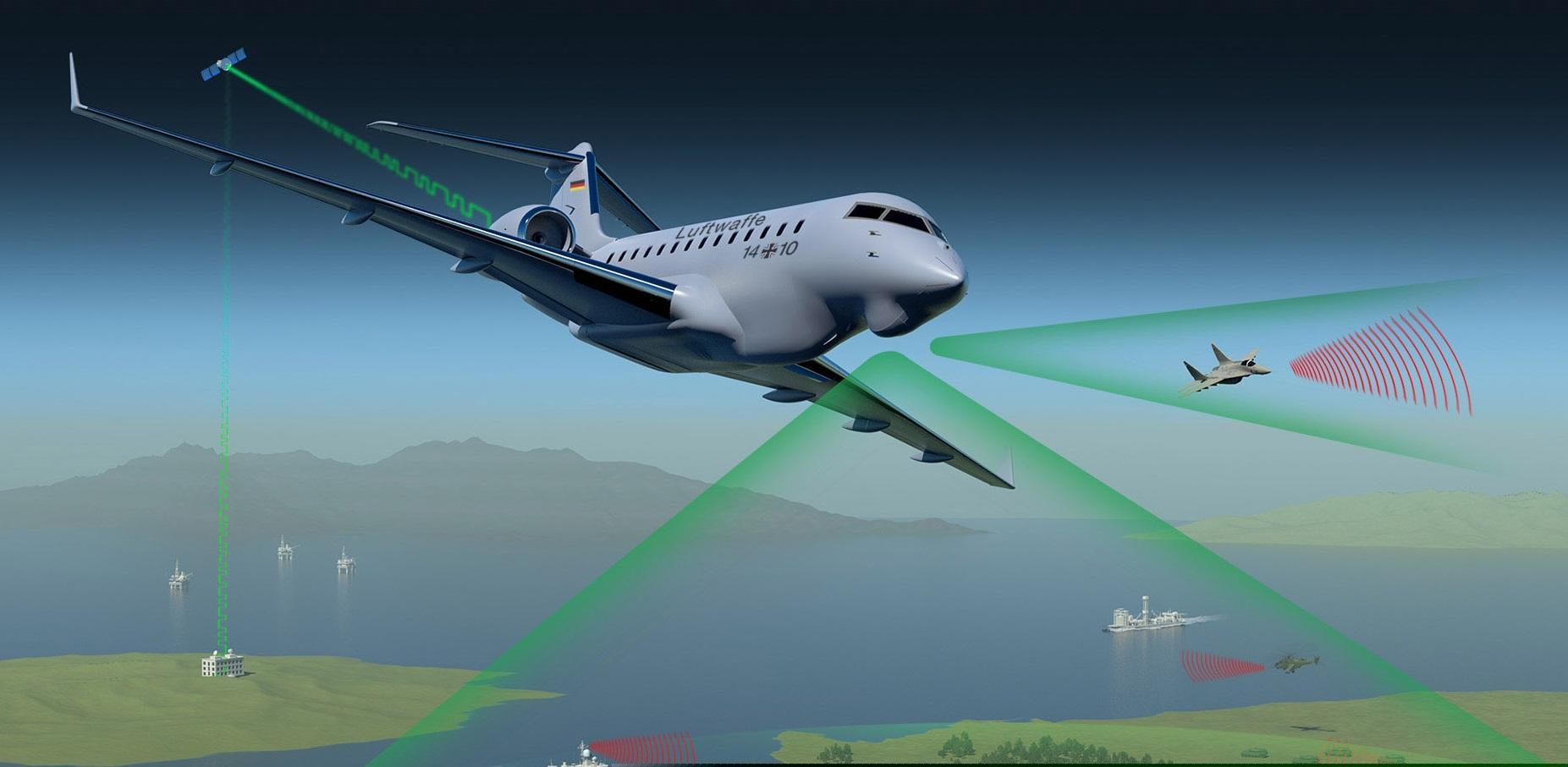
Credit: Hensoldt
German defense electronics firm Hensoldt has been awarded a contract to develop, integrate and deliver Germany’s new Pegasus airborne signals intelligence (Sigint) capability. Pegasus—short for Persistent German Airborne Surveillance Systems—will see Hensoldt equip a trio of Bombardier Global 6000...
Subscription Required
This content requires a subscription to one of the Aviation Week Intelligence Network (AWIN) bundles.
Schedule a demo today to find out how you can access this content and similar content related to your area of the global aviation industry.
Already an AWIN subscriber? Login
Did you know? Aviation Week has won top honors multiple times in the Jesse H. Neal National Business Journalism Awards, the business-to-business media equivalent of the Pulitzer Prizes.





